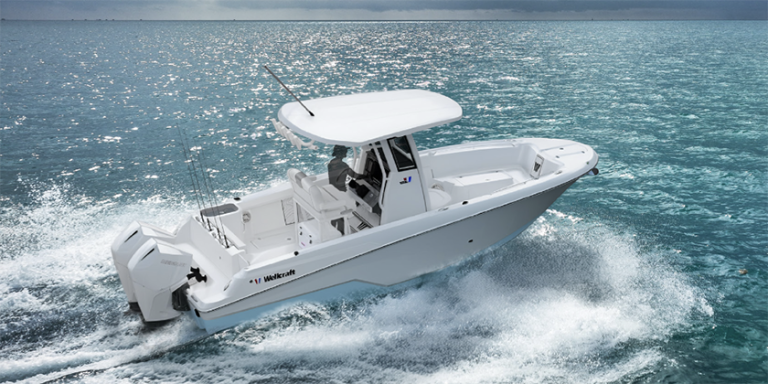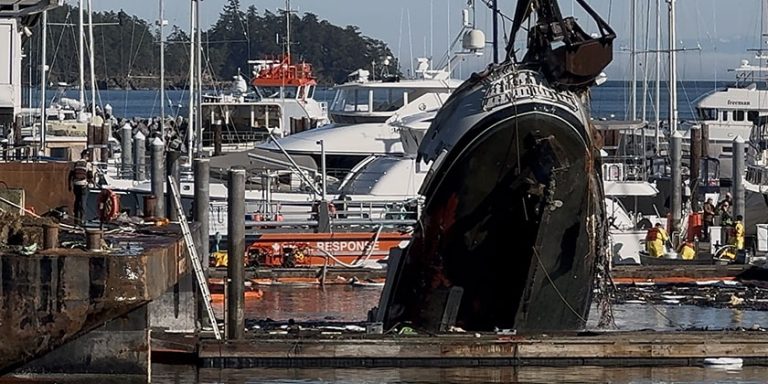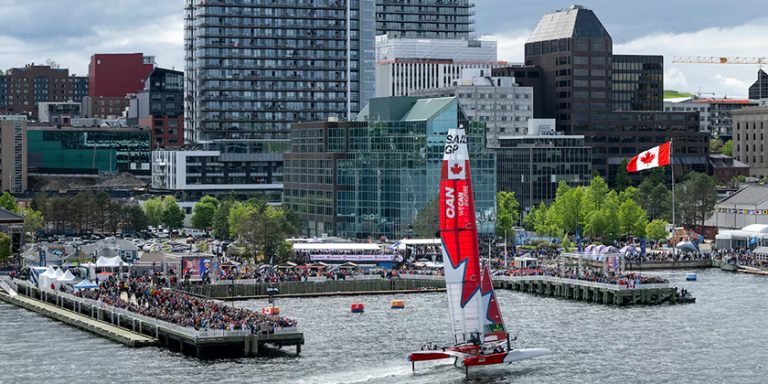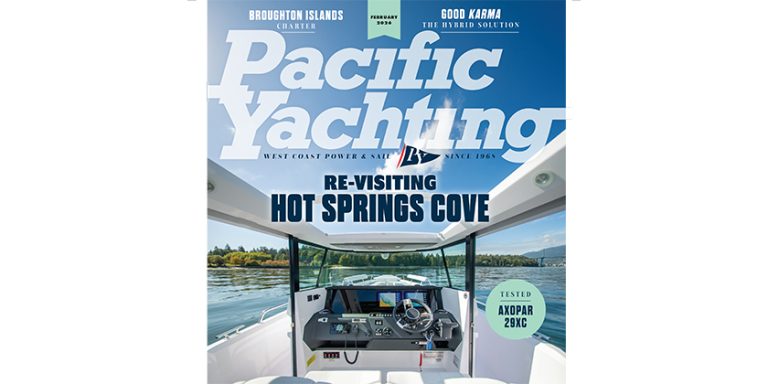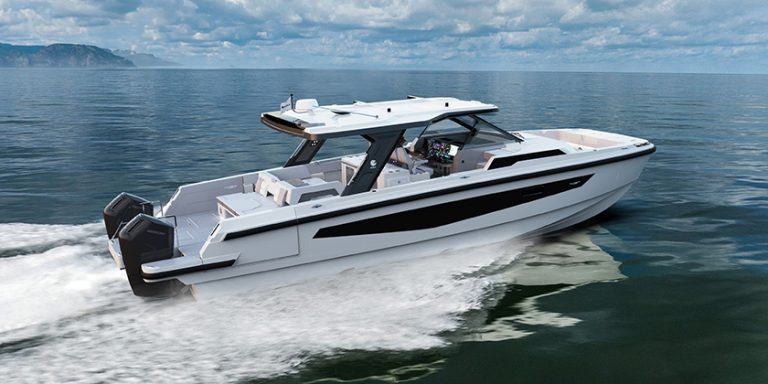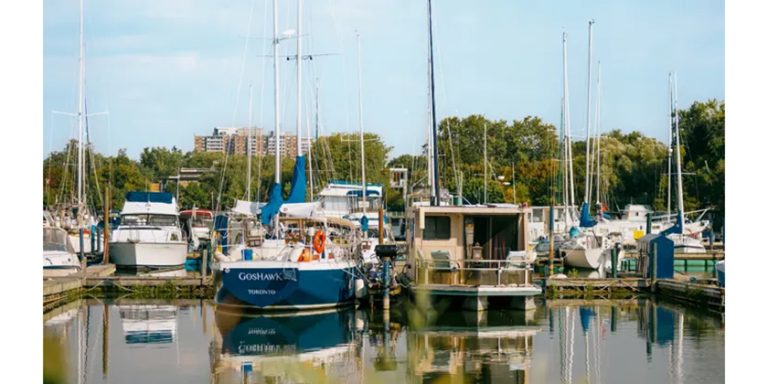Bill Milne: Taking The Road Less Toxic
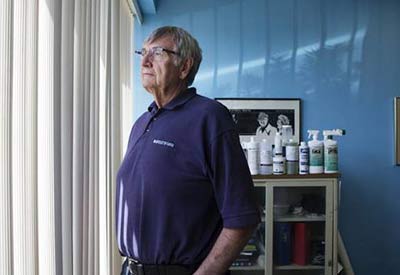
A three-year global trek, which included more or less driving from Nepal to Scotland, changed Bill Milne and the direction he took his father’s chemical products company.
Photo: Bill Milne’s eco-friendly products include everything from boat cleaners to horse barn dust controllers.
After a career with hydraulics and machinery company Wainbee, where he rose to national sales manager, Mr. Milne gave it up to travel the world with his then-girlfriend along back roads. This was in the late 1970s. He was in his early 40s. “We were travellers, we were not tourists. We stayed very close to the ground.”
They were in Pakistan around the time Prime Minister Zulfikar Ali Bhutto was hanged and in Afghanistan as the Soviets were making incursions. He was shot at along the way; his girlfriend was badly threatened. His descriptions of the life-changing three years swings from “amazing” to “nightmare.”
“It changed my whole outlook on the globe, you know what I mean?” he said in his plain-spoken baritone. “As you travel through those Third World countries, it gradually sinks in that, ‘Hey, hold on a minute. There are people who are protecting this planet, and there are people who are abusing it, and blah-blah-blah, you know what I mean?’ ”
The trip had a lasting impact on the products he developed for Alex Milne Associates, his father’s Toronto company, which he bought out when he returned. Mr. Milne had said to his father, “‘I’ll take it over, but I’m going to have to put you out to pasture.’ So I gave him an American Express card and let him go golfing.”
He began to introduce safer chemical products in areas that interested him. He had always enjoyed boating, so he developed water-based boat cleaners, as opposed to the solvent-based products common then. “When I got into the [boating] industry and looked around I went, ‘Oh my God.’ In those days, they were using batteries as anchors.
Alarming is what it was,” Mr. Milne said. Then came a line of mineral- and plant-based products applied to the ground of horse arenas to reduce the choking dust in the air. This was developed to replace the unhealthy petroleum products being used or the practice of simply wetting the ground, which can breed fungi and moulds.
“We had covered the marine industry pretty well. Why don’t we look at the horse industry and see what they’re doing?” he remembered saying.
And this sense of curiosity took Mr. Milne from industry to industry, from developing more ecologically minded lubricants for pneumatic equipment to a mosquito repellent using garlic oil.
“I would see what the industry needed – I have some sort of a bent in that – and then I would produce it,” he said of his more ecological products. “Not that I wasn’t into eco stuff before. I mean, I was a canoer and all that sort of thing. And I believed in leaving the campground cleaner than I found it.”
‘I would see what the industry needed … and then I would produce it.’
(Matthew Sherwood for The Globe and Mail)

